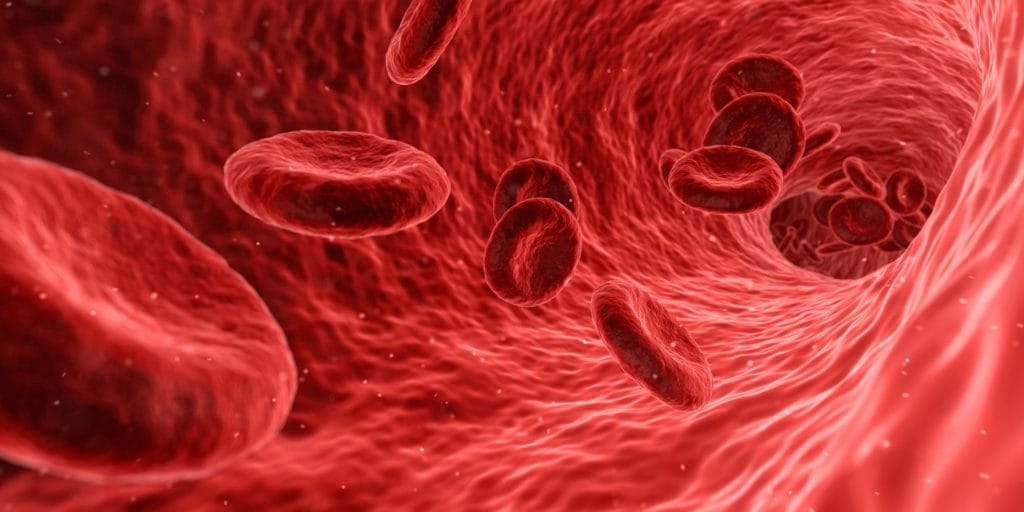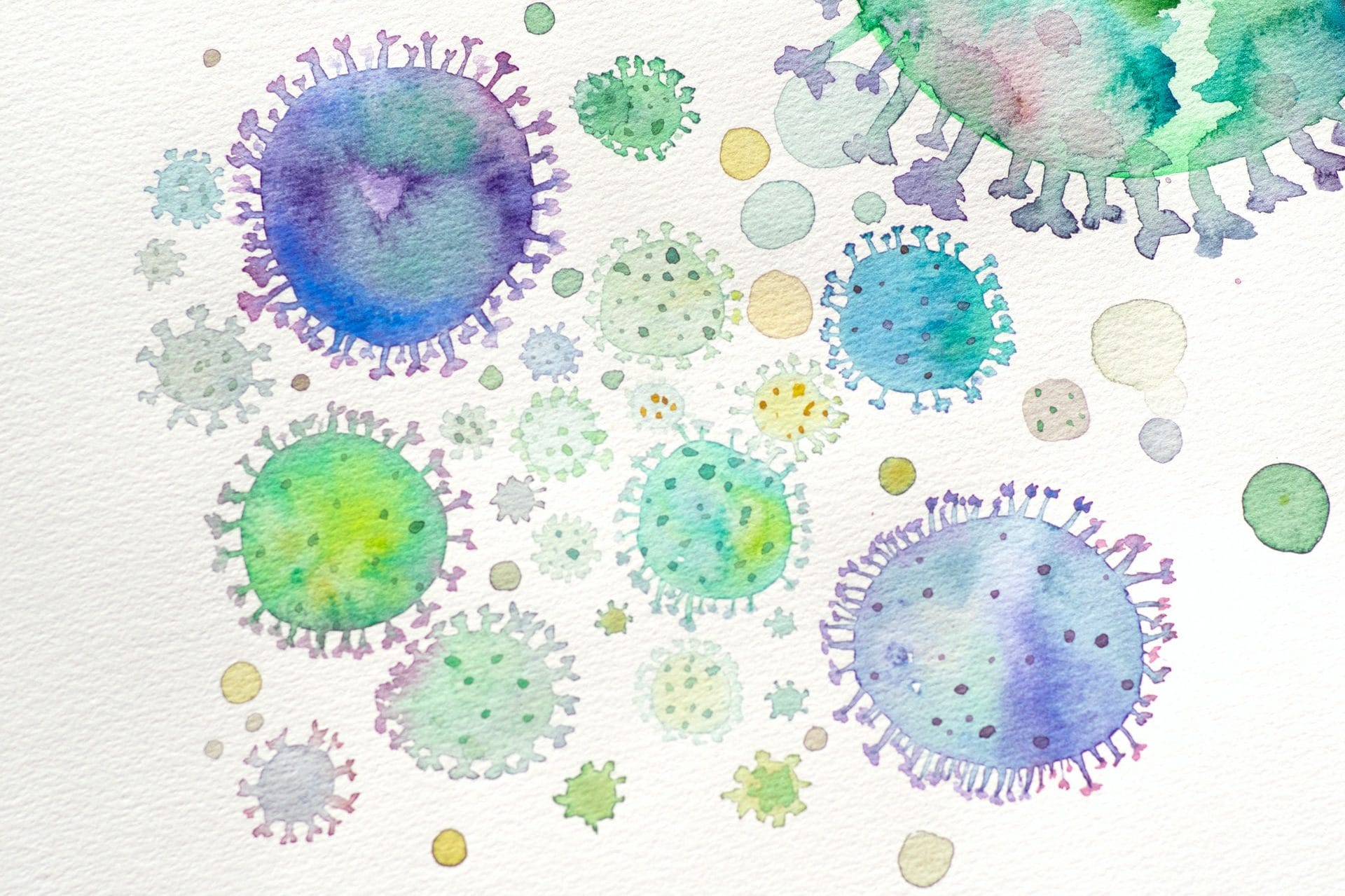What is the immune system, and how does it work?
The immune system is the body’s defense mechanism that protects us from foreign substances such as viruses, bacteria, and parasites.
It also controls the destruction of our own cells that have failed or become obsolete.
The immune system recognizes a threat as something foreign and triggers a certain program.
Learn 180+ ways to strengthen your IMMUNE SYSTEM
180+ Ways to Boost Your IMMUNE SYSTEM
Click here.

What are the cells of the immune system?
The immune system is made up of various cells that work together to protect the body. Here are some of the key cells of the immune system:
- T-lymphocytes: These cells are divided into different cells, including T-killers, which kill germs, and T-helpers, which help recognize and kill germs. There are other T species as well.
- B lymphocytes: The main task of these cells is to produce antibodies. Antibodies are substances that bind to the proteins of microorganisms, inactivate them, and remove them from the body, thereby killing the infection inside the person.
- Neutrophils: These cells devour foreign cells, destroying them while also destroying themselves. The result is a purulent discharge. A typical example of neutrophils is an inflamed skin wound with purulent discharge.
- Macrophages: These cells also devour germs, but do not destroy themselves. Rather, they destroy the germs in themselves or pass them on to T-helpers for recognition.
- Eosinophils: These cells produce substances that destroy parasites in the human body. A characteristic manifestation of eosinophils is an allergic reaction to helmets (to worms).
The innate immune system is the first to react to the invasion of any pathogen.
It is more likely that the innate immunity will cope, and the body will not be infected.
However, some infections remain undetected thanks to the work of innate immunity.
In some cases, a further immune response is triggered. Immune cells seize pathogens, signaling other cells of the threat. The immune system tries to eliminate it as quickly as possible.
The immune system also has a memory.
In some cases, vaccinations are given to help the immune system identify the threat more quickly.
A vaccine allows you to get specific antibodies against a specific pathogen.
To do this, a weakened pathogen is injected into the body, or some fragments of the pathogen are injected at all.
Our immune system is “trained” on the vaccine. The vaccine itself does not cause the disease.
It only shows the immune system what parts of the pathogen it will need to respond to.
As a result, the body forms antibodies against a particular pathogen.
In conclusion, the immune system is a complex network of cells, organs, proteins, and tissues that enable it to defend the body from bacteria, viruses, and other pathogens.
Its functions include safeguarding the constancy of the body’s internal environment and reserving immunity to various infectious microorganisms, viruses, parasites, and other foreign agents that can lead to genetic failures.
Learn 180+ ways to strengthen your IMMUNE SYSTEM
180+ Ways to Boost Your IMMUNE SYSTEM
Click here

Immune system function
Our immune system has a variety of functions, including protecting our body from harmful bacteria and viruses that can cause infections.
It also acts as a barrier against harmful chemicals or physical damage.
The immune system works through specialized cells and organs to recognize antigens, fight them, and prevent future infections.
Some main functions of the immune system include:
- Anti-infective and anti-invasive immunity
- Antitoxin immunity
- Protection against the formation and growth of tumors (antitumor immunity)
- Implementation of rejection of foreign tissues (transplant immunity)
- Formation and maintenance of immune memory.
- Timely removal of old and defective cells, which prevents premature aging of the body
- Participation in reparative processes, i.e. recovery from injuries, inflammation, burns.
- Participation in the maintenance of homeostasis and regulation of metabolism.
The immune system defends the body through physical barriers such as skin and mucous membranes, as well as through the production of antibodies and antimicrobial proteins.
It also has nonspecific defense mechanisms, such as the inflammatory response and fever.
Deficiencies and disorders in the immune system can lead to autoimmune diseases, allergies, and susceptibility to infections.

What are 5 ways to boost your immune system?
Taking care of your immune system is essential for maintaining good health. Here are five ways to boost your immune system:
- Get enough sleep:
Adequate sleep is critical for a healthy immune system.
Lack of sleep can weaken the immune system, making it more susceptible to infections.
Going to bed earlier and getting up earlier is recommended.
It’s also important to avoid emotionally charged information, such as movies, computer games, or social networks, before bedtime.
Instead, try listening to classical music or meditating. - Walks in the fresh air:
Sunlight and fresh air provide us with prana, the life energy that is essential for good health.
Walking in the fresh air can help improve blood circulation and boost the immune system.
Spending time in nature can also help reduce stress and anxiety. - Engage in physical activity:
Regular exercise is essential for a healthy immune system.
It can help promote lymphatic flow, which is critical for removing toxins from the body.
Moderate physical activity, such as walking, jogging, or yoga, can help improve overall health and well-being. - Avoid sugar in favor of fruits and vegetables:
Sugar is a real poison that can deplete and wear out the body.
It can wash away trace elements, such as calcium, that are essential for good health.
It can also lower the pH of the body, creating an acidic environment that is ideal for bacteria and microorganisms to thrive.
To maintain an alkaline environment in the body, it’s important to eliminate sugar and increase the intake of plant fiber.
Raw fruits and vegetables should make up a significant portion of the diet. - Practice hardening:
Swimming, dousing, and contrast showers are all effective ways to strengthen the immune system.
These activities can help increase blood circulation, which stimulates the processes of purification.
Gradually increasing the temperature load can make this process more comfortable and less painful.
By incorporating these five practices into your daily routine, you can help boost your immune system and maintain good health.
180+ Ways to Boost Your IMMUNE SYSTEM
PROTECT AGAINST VIRUSES AND DISEASE , AND FEEL YOUR VERY BEST !
Click here.

How do you support your immune system in a pandemic?
During a pandemic, it is essential to support our immune system to stay healthy and fight against viruses.
Here are some simple recommendations that can help
- Eat a balanced and nutritious diet that includes fruits, vegetables, and protein-rich foods.
- Get enough sleep for at least 8 hours a day to help your body recover and recharge.
- Stay physically active by exercising regularly, which can help boost your immune system.
- Try to avoid stressful situations as much as possible, as stress can weaken your immune system.
- Follow the recommendations from the World Health Organization to protect yourself and others from the virus.
It is also important to stay up-to-date with the latest information on vaccines and their effectiveness in protecting against the virus.
While there is no cure for the virus, following these simple recommendations can help support our immune system and improve our overall health.



